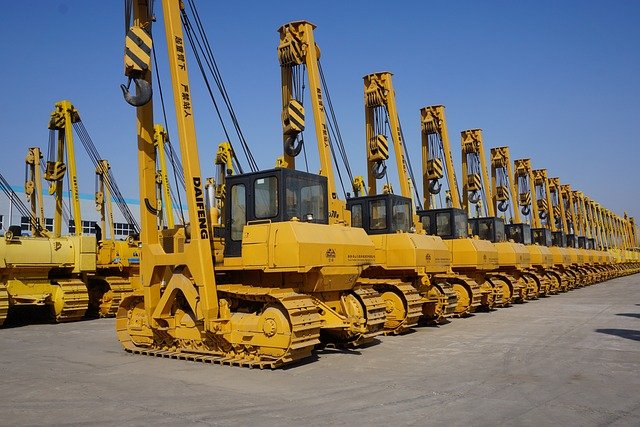**The Resurgence of Bartering: How Society is Rediscovering the Value of Exchange**
In an era where digital transactions and e-commerce have become the norm, a seemingly archaic practice is making a surprising comeback. Bartering, the exchange of goods or services without the use of money, is experiencing a resurgence in modern society. Read below to explore this fascinating trend and its implications for our social, cultural, and economic landscapes.

The Roots of Barter: A Historical Perspective
Bartering is perhaps one of the oldest forms of trade, predating the invention of money. It originated when primitive societies needed to exchange what they had for what they needed. It was a simple system requiring trust and mutual need, fostering a sense of community and interdependence. Over time, with the advent of money and modern trade systems, bartering became less prevalent. However, in today’s society, where we are increasingly questioning the value of money and the equity of our economic system, bartering is regaining ground.
The Resurgence: Why Barter is Making a Comeback
Various factors are driving the return of bartering. Economic instability and a growing disillusionment with consumerism have led many to seek alternatives to traditional commerce. Furthermore, the rise of the sharing economy, epitomized by platforms like Uber and Airbnb, has fostered a culture of peer-to-peer transactions, effectively setting the stage for barter’s return.
Bartering in the Digital Age: How Technology is Facilitating Trade
While bartering may seem anachronistic, it has found a new home in the digital world. Numerous online platforms and mobile apps now facilitate barter transactions, allowing individuals to trade goods and services without geographical constraints. By harnessing digital technology, bartering has been reinvented for the 21st century, making it more accessible and appealing to a wider audience.
The Societal Impact: What Bartering Means for Modern Society
The resurgence of bartering has significant implications for society. It challenges traditional economic models, promotes sustainability by encouraging reuse and recycling, and fosters community ties by bringing individuals together in mutually beneficial exchanges. Moreover, it empowers individuals, providing an alternative means of acquiring goods and services for those who may struggle in the traditional economy.
Looking Ahead: The Future of Bartering
While it’s unlikely that bartering will completely replace money-based transactions, its resurgence signals a broader shift towards more diverse and inclusive economic systems. As we continue to question the value of money and the fairness of our economic structures, alternative forms of trade such as bartering may play an increasingly important role in our society.
In this rapidly changing world, the return of bartering offers a fascinating case study of how we are revisiting and reshaping traditional practices to fit our modern needs and values. It serves as a reminder of the power of community, reciprocity, and mutual support in an era often defined by individualism and consumerism. The story of bartering’s resurgence is ultimately a story about the evolution of our society and our ongoing quest for more equitable and sustainable ways of living.




